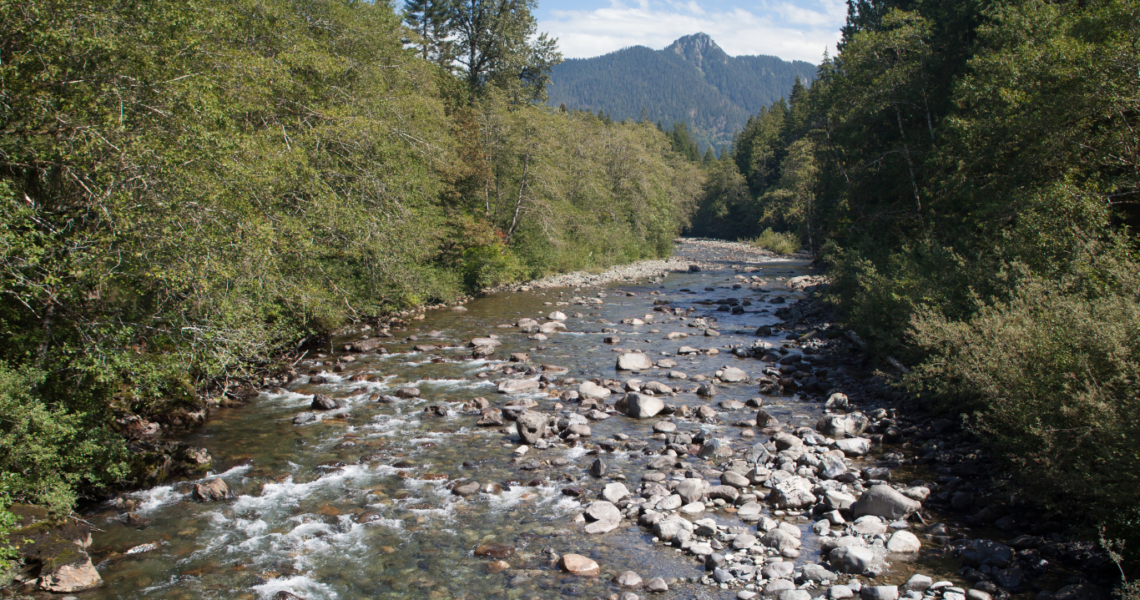The entire world faces an existential threat when it comes to climate change, but Washington has been a leader across the United States in passing innovative policies that will help our state prepare and adapt. We still have plenty of work ahead to ensure our state’s natural resources are protected for generations to come, but we have taken massive steps in the right direction.
- SB 5126, the Climate Commitment Act, establishes a cap and invest program and reduces greenhouse gas emissions across all sectors.
- The 2023 Legislative Session marked the first year Washington could invest funds generated from the CCA. More than $2 billion of CCA revenues are going toward advancing energy efficiency and clean energy production, reducing emissions, restoring habitats and strengthening working lands, and investing in community health and resiliency.
- HB 1091, the Low Carbon Fuel Standard, established a Clean Fuels Program that significantly lowers greenhouse gas emissions by set percentages.
- The largest source of emissions in Washington comes from the state’s transportation sector. Move Ahead Washington prioritizes investment in climate mitigation and moving towards a sustainable transportation sector that relies more on renewable energy and less on fossil fuels. From stormwater investments, to the nation’s most ambitious EV goals, to salmon pathway recovery, the transportation package priorities a shift towards sustainability.
- SB 5722 reduces greenhouse gas emissions in buildings by expanding performance standards to encompass larger buildings.
- HB 1329 prevents utility companies and landlords from shutting off electricity or water due to non-payment during extreme heat events.
- SB 5447 provides several incentives for the in-state production and use of lower carbon aviation fuel.
Washington’s natural environment is full of oceans, rainforests, dense woods, and ecosystems that encourage a diverse array of wildlife, but we must act now to protect them for the next generations.

